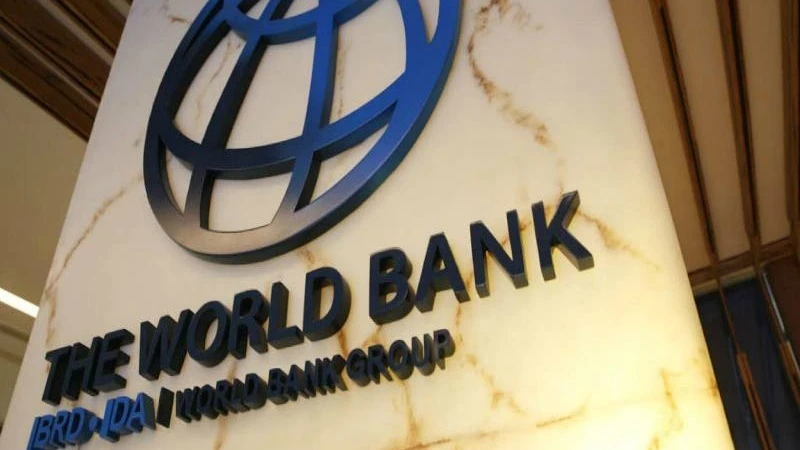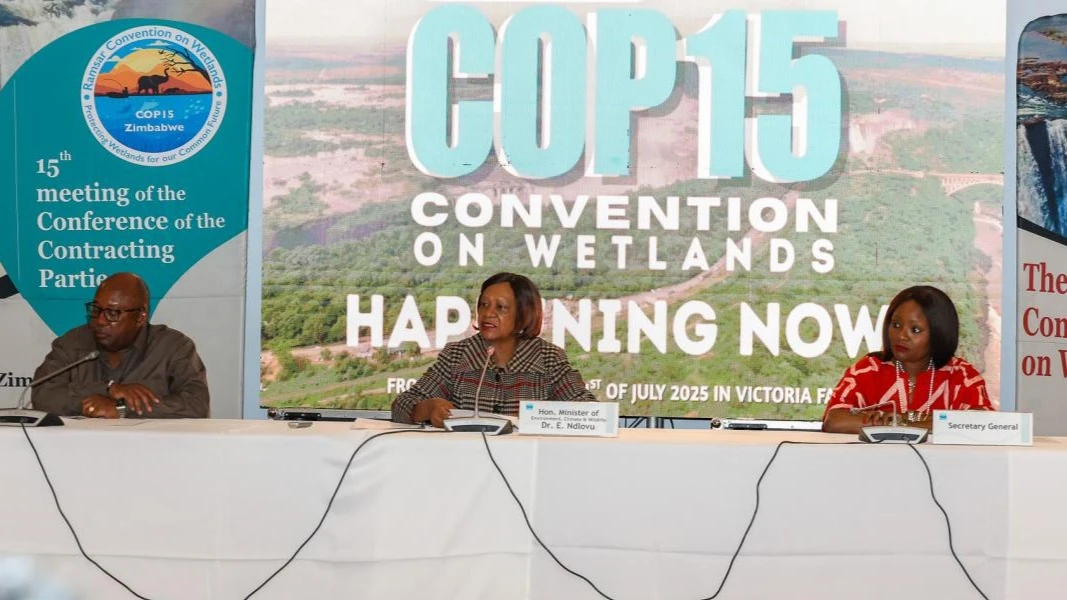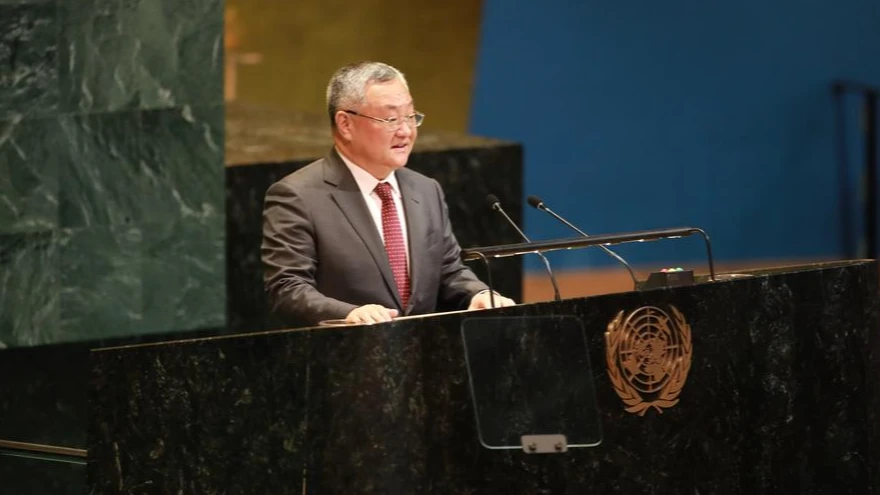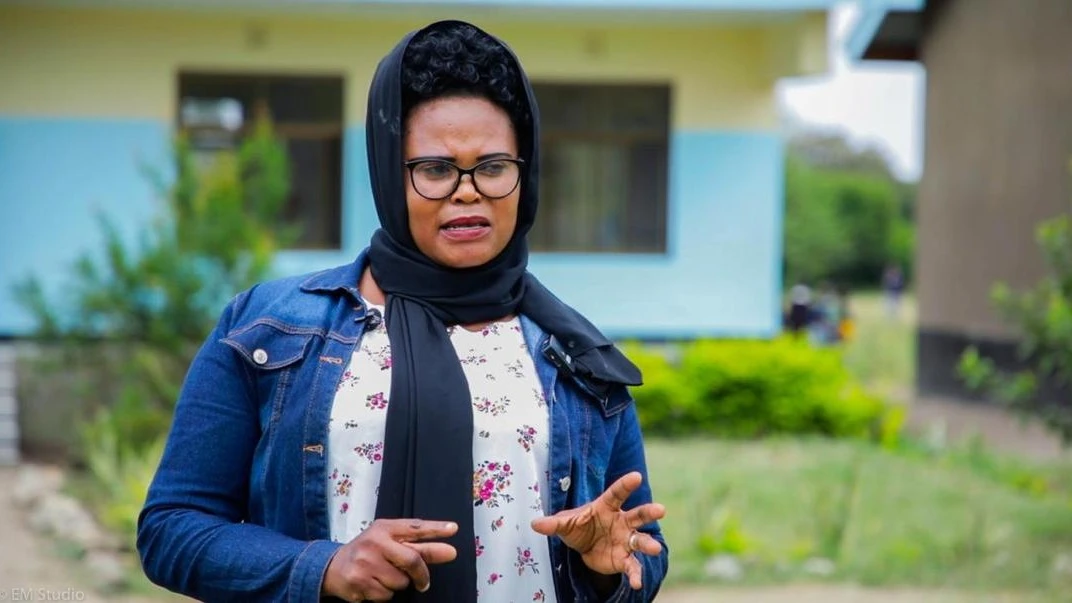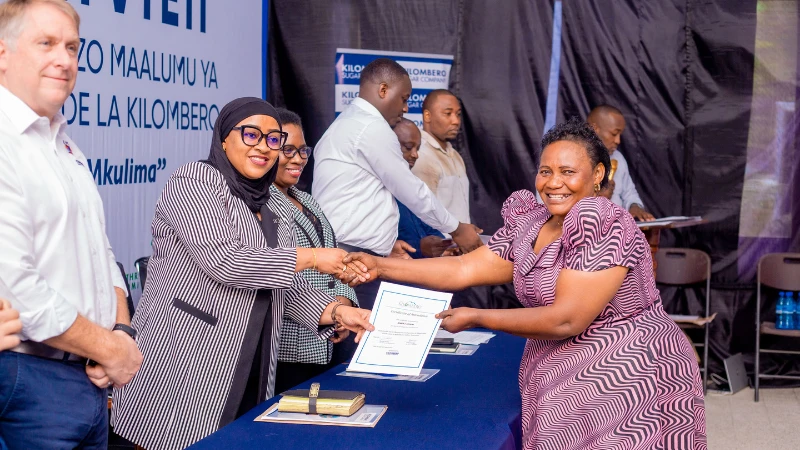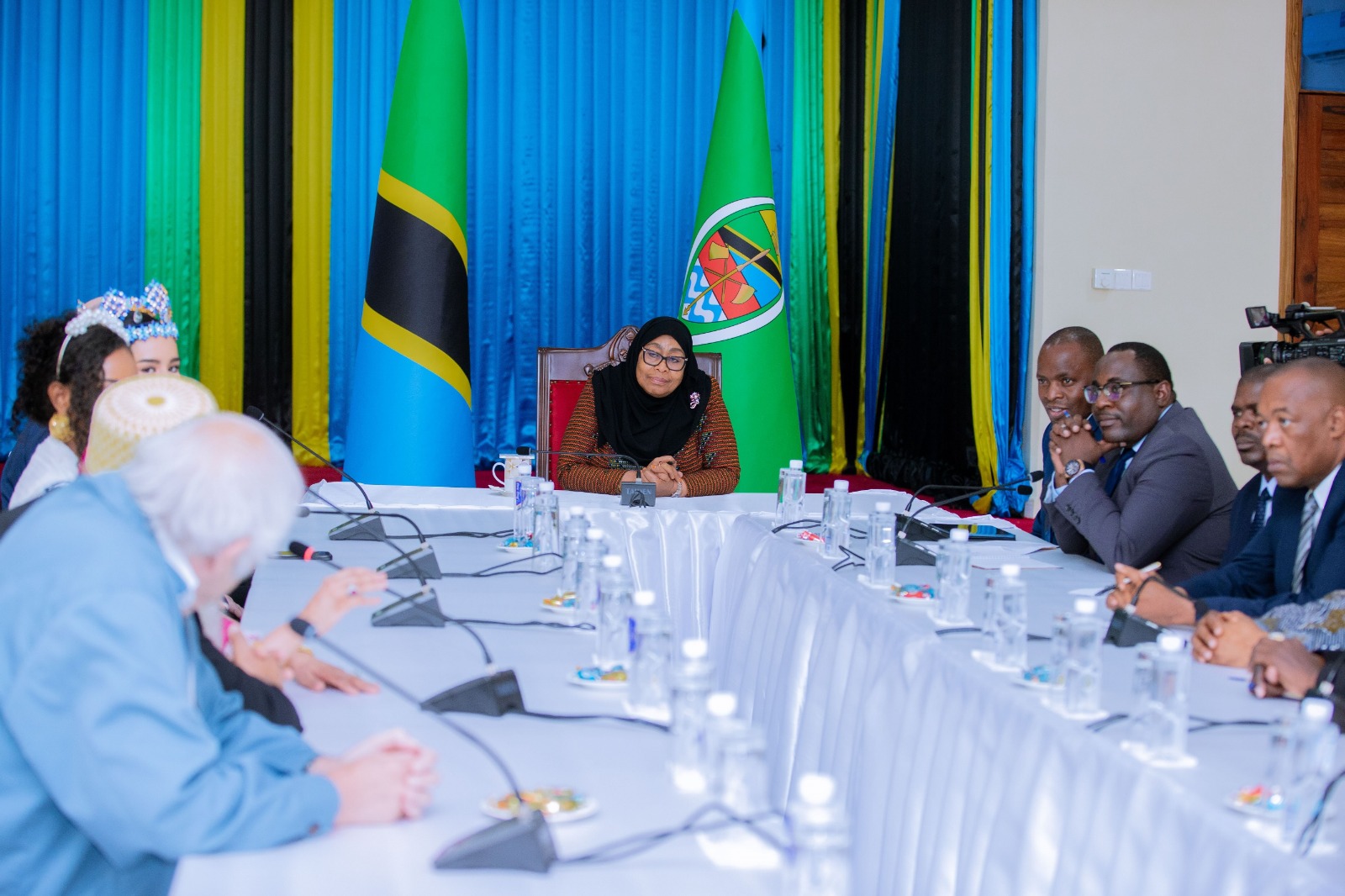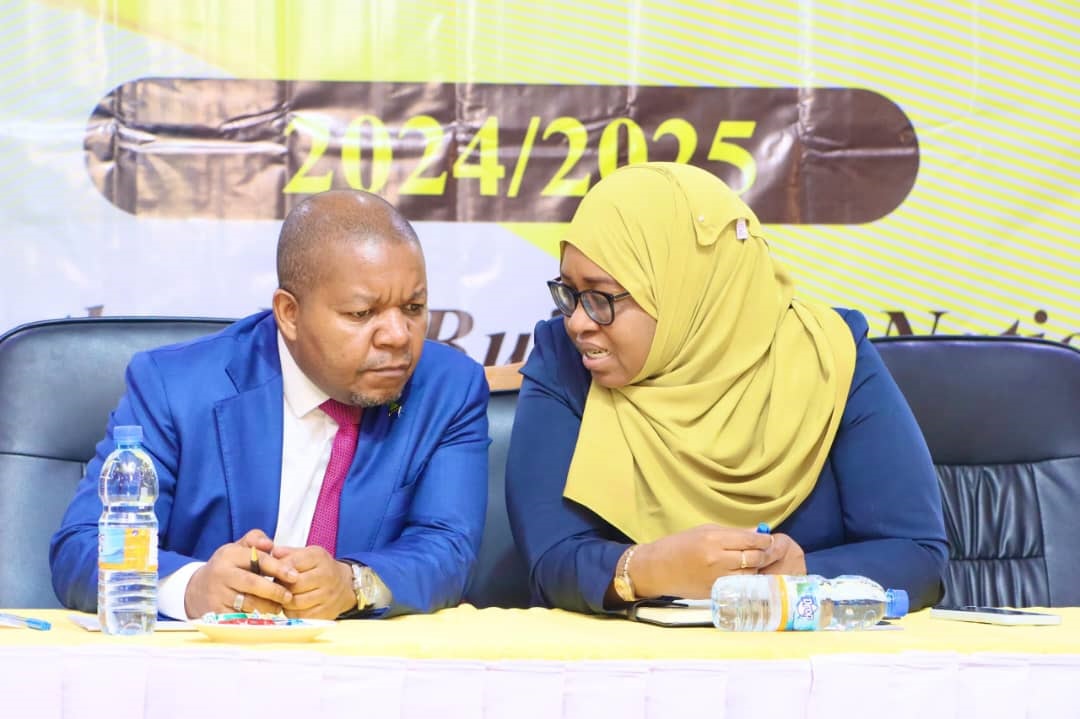IUCN: 90 ha of mangroves restored along the seashore
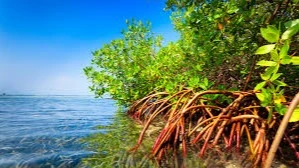
MORE than 90 hectares of mangroves have been restored along the seashore in Tanga and Pemba Island.
Suleiman Masoud Mohammed, an official of the International Union for the Conservation of Nature (IUCN), made this assertion at a training workshop on the blue economy for members of the Journalists Environmental Association of Tanzania (JET) here yesterday.
The IUCN’s nature-based solutions officer said that the mangrove restoration efforts were carried out in Mkoani and Micheweni districts in Pemba, as well as Mkinga and Pangani districts in Tanga Region.
“Mangroves play a crucial role as breeding grounds for marine life, including fish and crustaceans,” he said, noting that the coastal trees are natural barriers to coastline destruction in events of sea storms.
In addition to protecting coastlines, mangroves filter land-based waste entering the sea, moderates temperature and—like all trees—absorb and store carbon, contributing to climate change mitigation, he explained.
But mangrove restoration targets environmental conservation along with enabling shoreline communities to make gains from revitalised forests, like the production of mangrove honey.
Joseph Olila, IUCN (T) programme manager for coastal and ocean resilience says that the produce is slightly sour yet sweet syrup, and is gaining popularity in local and international markets.
Restoring mangroves is a highly demanding task, making the recovery of over 90 hectares a landmark achievement for the zone, he said, elaborating that historically, mangroves have been heavily exploited for firewood, boatbuilding and construction, leading to substantial degradation of coastal ecosystems.
Tanzania’s coastline stretches over 1,400 kilometres but the country has made limited progress in capitalising on the vast opportunities offered by the blue economy, the expert asserts.
Zanzibar has made significant progress, tapping into more than 80 percent of its blue economy potential, he affirmed, pointing out that the workshop and planned field visits are meant to deepen JET members' understanding of the blue economy.
This engagement is likely to equip journalists with the knowledge and tools needed to advocate for marine conservation and sustainable coastal development, he specified, underlining the need to raise awareness and build capacity among journalists in various media houses.
They need to report effectively, accurately and consistently on blue economy issues, thus IUCN is providing hands-on learning experiences involving interactions with local beneficiaries.
They are part of blue economy initiatives under the Bahari Project, enabling participants to develop impactful, evidence-based stories, he added.
Top Headlines
© 2025 IPPMEDIA.COM. ALL RIGHTS RESERVED










